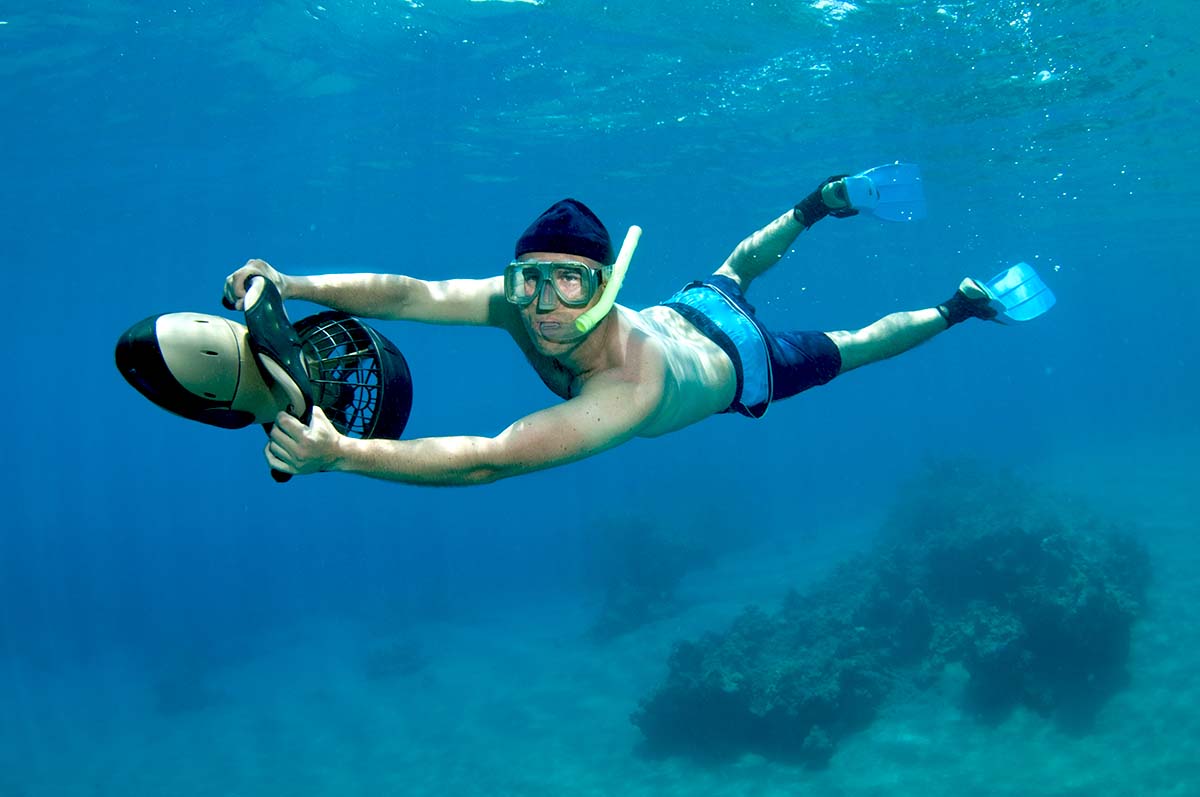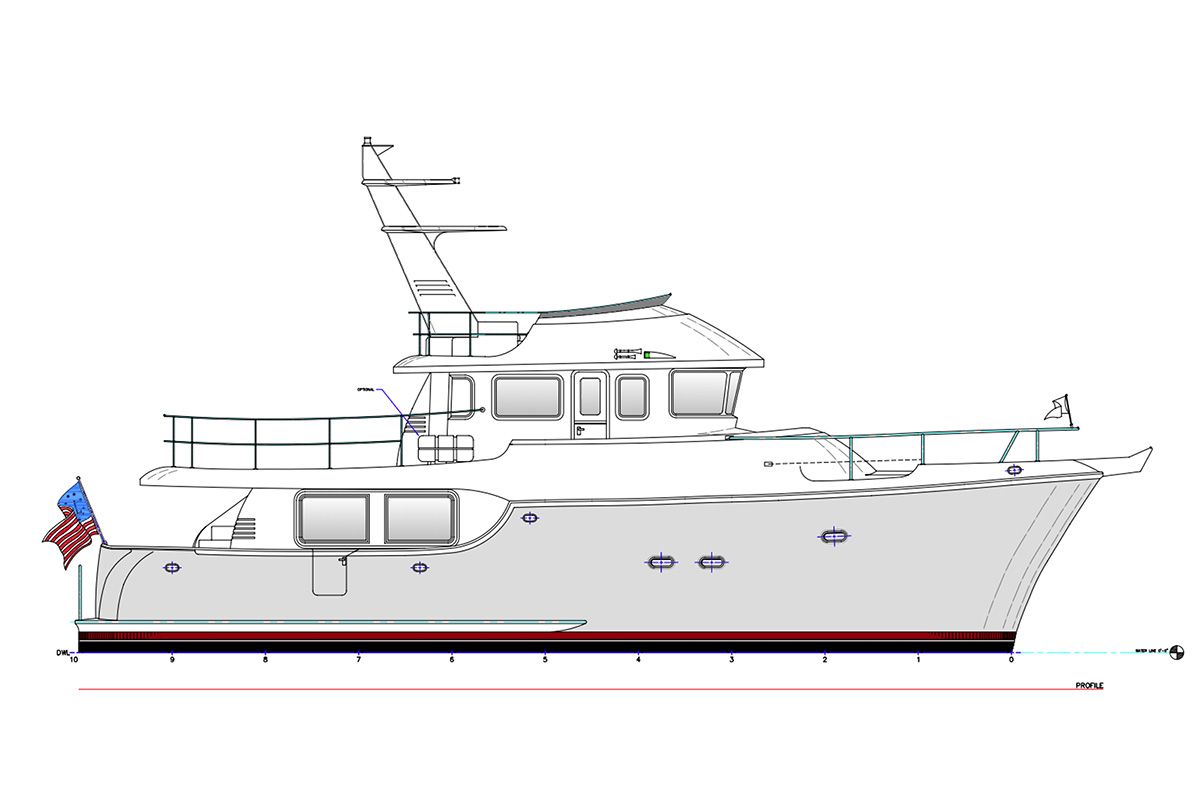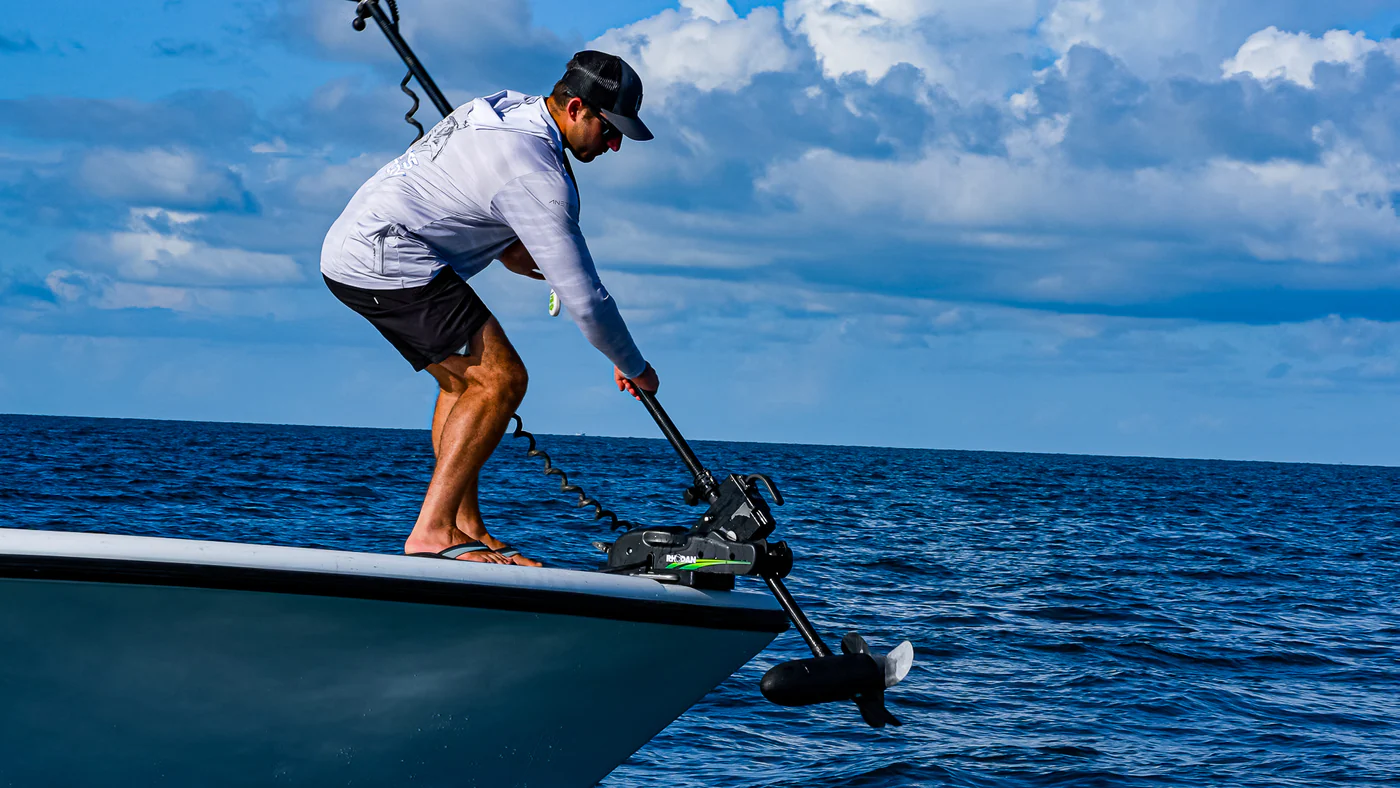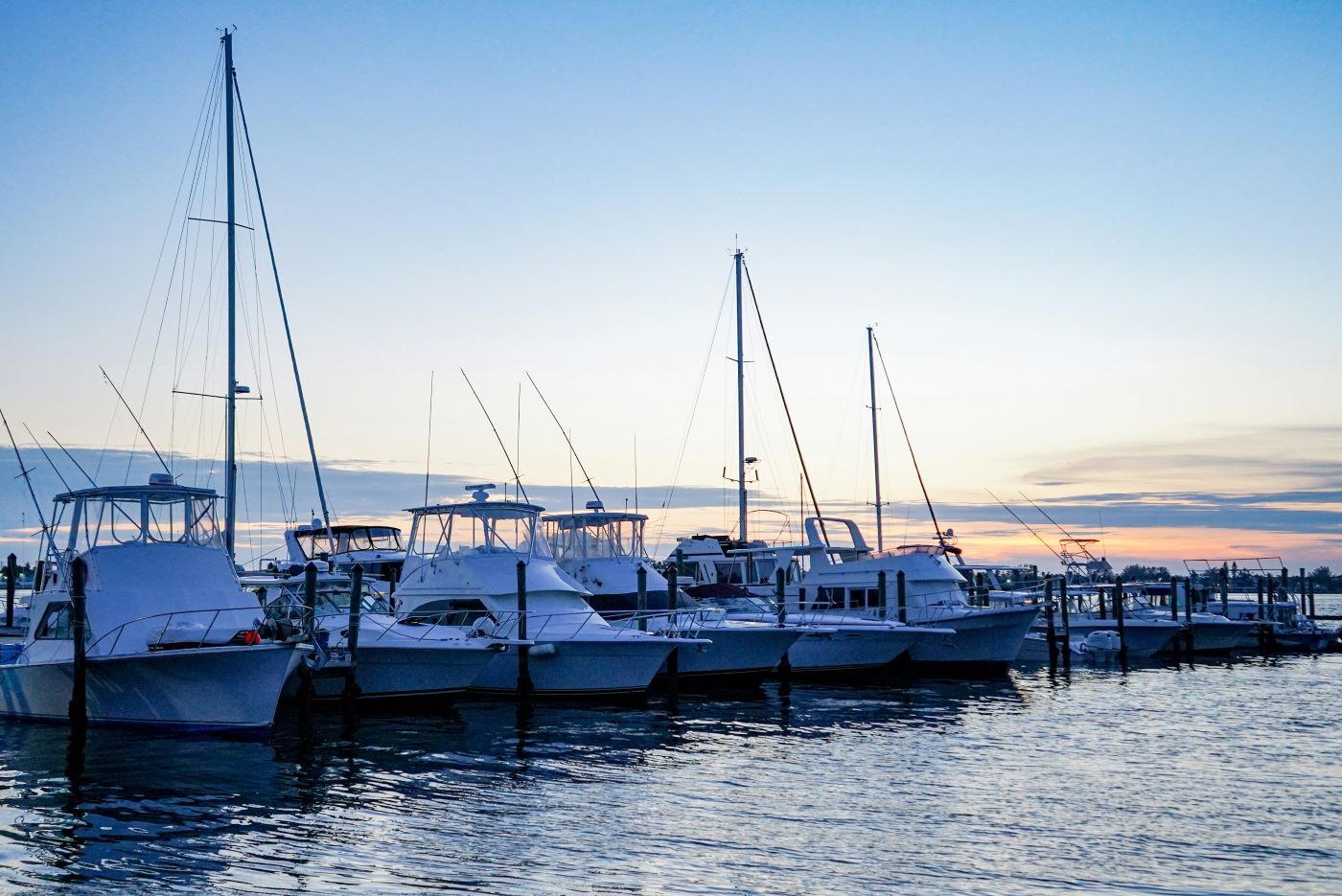
Volvo Penta
Volvo Penta is a renowned manufacturer of marine engines, offering a wide range of products designed to deliver efficient performance, reliability, and environmental responsibility. With a long history of innovation in the marine industry, Volvo Penta has become synonymous with advanced propulsion systems, including those found in leisure boats, commercial vessels, and other marine applications.
Understanding marine engines is crucial for sailors and boating enthusiasts alike, as the engine plays a vital role in the overall performance and maneuverability of a vessel. Volvo Penta, a Swedish company, has a strong reputation for developing top-notch marine engines, incorporating state-of-the-art technology to provide boaters with smooth, seamless operation.
Key Takeaways
- Volvo Penta is a leading marine engine manufacturer with a history of innovation.
- Marine engines from Volvo Penta offer efficiency, reliability, and environmental responsibility in various applications.
- Customers recognize the advantages of Volvo Penta engines in terms of performance, maneuverability, and ease of maintenance.
History of Volvo Penta
Volvo Penta, a Swedish company, is known for producing reliable marine and industrial engines. The company has a long and rich history, tracing its origins back to the early 20th century. In 1907, John Dahlman started producing engines under the name of Vagnfabriksaktiebolaget i Södertälje (VABIS), which later merged with Maskinfabriksaktiebolaget Scania to form Scania-Vabis.
In 1925, engineer Edvard Hubendick joined Scania-Vabis and initiated the development of marine engines. The first outboard engine, known as the B1, was introduced in 1926. Over the following years, several other models were also introduced, including the U1 and U2.
The name Volvo Penta was officially adopted in 1935 when Scania-Vabis and Pentaverken merged. Pentaverken, a company known for manufacturing paraffin engines, brought valuable expertise to the partnership. Under the new name, Volvo Penta continued to expand its product range, such as launching the successful P5 and P10 engines during the 1930s.
In the late 1950s, Volvo Penta introduced its first diesel engine, named the MD1, which was followed by the MD2, MD3, and MD4 series. The company gained a great reputation for its four-stroke engines and subsequently expanded to include inboard engines, sterndrive engines, and outboard engines.
One of Volvo Penta's most notable innovations was the Aquamatic sterndrive, introduced in 1959. This innovation combined the benefits of inboard and outboard engines, allowing for better maneuverability and performance. The company continued to make advancements, such as the DuoProp technology and IPS (Inboard Performance System) in the later years, solidifying its position as a leader in the marine engine industry.
Today, Volvo Penta remains a significant player in the market, offering a wide range of engines for various applications, including marine leisure, marine commercial, and industrial sectors. The company stays at the forefront of technology and innovation, aiming to provide efficient, sustainable, and reliable solutions for its customers around the world.
Understanding Marine Engines
Basic Components
Marine engines are specifically designed for the unique demands of powering boats. The basic components of a marine engine include the engine block, cylinder head, pistons, connecting rods, crankshaft, and camshaft. Additionally, marine engines are equipped with specialized cooling, exhaust, and fuel systems.
- Engine Block: The engine block forms the central structure and houses the cylinders.
- Cylinder Head: This part covers the tops of the cylinders and contains the valves.
- Pistons: Pistons are cylindrical parts that move up and down within the cylinders, transforming fuel into energy.
- Connecting Rods: These rods connect the pistons to the crankshaft and translate linear piston motion into rotational movement.
- Crankshaft: The crankshaft converts the piston's linear movement into rotation, transferring power to the propeller.
- Camshaft: This shaft operates valves in correct timing to control the intake of fuel and exhaust gases.
Marine engines also feature a cooling system that uses either raw water or a closed-loop heat exchanger to prevent overheating. The exhaust system consists of manifolds, risers, and exhaust hoses that discharge combustion gases. Lastly, the fuel system delivers fuel to the engine via filters, pumps, and injectors or carburetors.
Engine Types
Volvo Penta offers a variety of marine engine types to cater to different marine applications. The two main categories are inboard and outboard engines, with a subcategory of sterndrive or inboard/outboard (I/O) engines.
- Inboard Engines: Inboard engines are mounted inside the boat's hull, with the propeller shaft extending through the hull's bottom. Typically powerful and efficient, inboard engines are often preferred for larger boats, cruise ships, and yachts.
- Outboard Engines: Outboard engines are self-contained units attached to the boat's transom. They are compact, easy to maintain, and ideal for small to medium-sized boats. Outboard engines offer the advantage of being more straightforward to replace or repair.
- Sterndrive (I/O) Engines: Sterndrive engines combine inboard and outboard engines' benefits, residing inboard while providing an outboard-like drive unit. This engine type offers better performance and handling than a pure outboard engine, suitable for various boat sizes and types.
Understanding marine engines, their components, and various engine types will help you make informed decisions when selecting a suitable Volvo Penta product for your boat.
Features of Volvo Penta Marine Engines
Volvo Penta is a leading manufacturer of marine engines, known for their innovative design and high-performance capabilities. In this section, we will discuss the key features of Volvo Penta marine engines, focusing on their Electronic Vessel Control system and adherence to exhaust emissions standards.
Electronic Vessel Control
One of the standout features of Volvo Penta marine engines is the Electronic Vessel Control (EVC) system. This advanced technology is designed to enhance the performance and ease of use of Volvo Penta-powered vessels. The EVC system provides fully integrated and intelligent boat control, simplifying installation and maintenance while optimizing engine performance.
The main benefits of the EVC system include:
- Smooth and precise control: Enables easy maneuvering and handling of the boat.
- Fuel efficiency: Optimizes fuel consumption by monitoring and adjusting engine parameters in real-time.
- Ease of installation and maintenance: All EVC components are connected via a single cable, reducing the number of wiring connections and improving reliability.
Exhaust Emissions Standards
Another important aspect of Volvo Penta marine engines is their commitment to meeting exhaust emissions standards. Volvo Penta constantly strives to develop and introduce cleaner, more efficient engine technologies that reduce harmful emissions while maintaining performance. Their engines undergo rigorous testing and compliance with international emissions regulations such as the International Maritime Organization (IMO) standards, the European Union's Recreational Craft Directive (RCD), and the United States Environmental Protection Agency (EPA) standards.
In summary, Volvo Penta marine engines are designed to deliver exceptional performance and ease of use, thanks to their advanced features such as Electronic Vessel Control. Moreover, they demonstrate a strong commitment to the environment by adhering to exhaust emissions standards and constantly improving their products to minimize environmental impact. These characteristics make Volvo Penta marine engines an attractive choice for a wide range of boating applications.
Range of Volvo Penta Engines
Inboard Performance
Volvo Penta offers a wide range of marine leisure diesel engines to cater to various boating needs. One of the key aspects of these engines is their focus on performance. With their advanced technology and design, Volvo Penta's inboard engines deliver impressive power, responsiveness, and fuel efficiency while ensuring a smooth and quiet operation.
An example of such engines is the D4/D6 series, which has been designed for further development in the marine leisure sector. These engines exhibit a power output of 20-30 W during 4-cylinder operation and increase their range during full load operation.
Another remarkable inboard engine from Volvo Penta is the D7C-TA. The high-speed marine diesel engine can be converted to dual-fuel operation with methanol, providing a balance of performance and environmental sustainability.
Outboard Efficiency
When it comes to outboard engines, Volvo Penta prioritizes efficiency. Their marine dual-fuel engines can operate with methanol-water blends as fuel, which helps lower emissions and improve overall efficiency. In a study conducted on a dual-fuel marine Volvo Penta engine, it was found that using methanol with a water content in the range of 5% to 20% by volume can provide significant benefits.
Some of the notable features of Volvo Penta outboard engines include:
- Lightweight design: Helps reduce the overall weight and increases fuel efficiency.
- Advanced fuel injection systems: These systems deliver precise amounts of fuel, optimizing combustion and reducing emissions.
- Low vibration and noise: Volvo Penta's outboard engines are designed to minimize vibration and noise for increased user comfort.
- Easy maintenance: Simplified service procedures make maintaining Volvo Penta outboard engines more convenient.
In conclusion, Volvo Penta's range of inboard and outboard marine engines offer a combination of performance, efficiency, and sustainability. By continually focusing on developing advanced technologies and optimizing their engine designs, Volvo Penta has established itself as a reliable and innovative leader in the marine engine market.
Maintenance and Servicing
Routine Maintenance
Maintaining a Volvo Penta marine engine is essential for optimizing performance and reducing wear and tear. Basic routine maintenance includes changing the engine oil, oil filters, and fuel filters. It's important to refer to the engine's operator manual for the specific maintenance schedule and recommendations.
Regularly inspect the cooling system, belts, and hoses to ensure they are in good condition. Additionally, the engine's impeller should be replaced according to manufacturer guidelines. When servicing the engine, always use genuine Volvo Penta parts for optimal performance and reliability.
When performing maintenance tasks, consider the following list:
- Change engine oil and oil filter
- Replace fuel filters
- Check coolant levels and condition
- Inspect belts and hoses
- Replace impeller (as required)
- Use genuine Volvo Penta parts
Troubleshooting Common Issues
Occasionally, Volvo Penta marine engines might experience some common issues. In such cases, proper troubleshooting is essential to identify and resolve the problem. Some common issues include:
- Starting Issues: Ensure that the battery is charged and properly connected. Check for loose or corroded wires and inspect the starter motor and solenoid.
- Overheating: Inspect the cooling system for debris and blockages. Check the water pump, thermostat, and heat exchanger for any damages or failures.
- Poor Performance: Clean or replace air filters. Inspect and clean fuel injectors, and verify proper fuel flow. Make sure that the propeller is in good condition and properly sized for the engine.
- Excessive Smoke: Inspect the turbocharger for damage or leaks. Check for worn piston rings, valve seals, or excessive oil in the combustion chamber.
- Vibration: Inspect for damage to engine mounts or propeller, and verify proper alignment of the engine and propeller shaft.
Successful maintenance and troubleshooting will ensure that your Volvo Penta marine engine operates reliably and efficiently, providing an enjoyable boating experience.
Advantages in Boating
Enhanced Boating Experience
Volvo Penta marine engines are designed to provide an outstanding boating experience. One of the key advantages is their innovative steering solutions which enhance maneuverability and allow users to navigate with ease and precision. The engines also improve overall performance by offering a more efficient fuel consumption and reduced emissions.
In addition, these engines provide advanced monitoring systems that keep boaters informed about their vessel's performance and any potential issues. The integrated monitoring features make it easier for users to manage their boat, enabling them to fully enjoy their time on the water.
Safety and Reliability
Safety and reliability are vital aspects of any marine engine, and Volvo Penta takes them seriously. Their engines are built with high-quality materials that ensure durability and long-lasting performance in various boating conditions.
Some key features contributing to the safety and reliability of Volvo Penta marine engines include:
- Overheat protection: The engines are designed with built-in protection systems that monitor temperature levels, safeguarding against potential overheating.
- Corrosion resistance: The use of corrosion-resistant materials and coatings help maintain the engine's performance and longevity.
- Ease of maintenance: Routine maintenance and repairs can be completed efficiently, thanks to the accessible design and comprehensive service offerings from Volvo Penta.
By incorporating these features, Volvo Penta marine engines instill confidence in boaters, allowing them to focus on the enjoyment of their boating experience.
Environmental Impact
Reduced Carbon Footprint
Volvo Penta Marine Engines have been working actively to reduce their carbon footprint and minimize their environmental impact. A key aspect of this effort is to decrease exhaust emissions, which contribute significantly to air pollution. One of their noteworthy initiatives in this regard is the conversion of a high-speed marine diesel engine for dual-fuel operation with methanol, which has been shown to reduce overall emissions significantly^1^.
Additionally, Volvo Penta has been focusing on optimizing engine efficiency, directly influencing both fuel consumption and emissions. A study conducted on marine diesel engines, such as the Volvo Penta TMDA 163A, highlighted the significance of minimizing mechanical energy losses in reducing emissions^2^.
Innovations in Clean Energy
In their pursuit of environmentally friendly solutions, Volvo Penta has engaged in research on alternative fuel sources, including hydrotreated vegetable oil^3^. By harnessing advances in clean energy, Volvo Penta aims to develop engines that can operate with a decreased environmental impact while maintaining performance.
Moreover, in addressing environmental aspects of marine diesel engines, Volvo Penta has conducted research on wet exhaust emissions from leisure craft engines like the Volvo Penta KAD44PEDC^4^. This study evaluated the constituents of wet exhaust emissions and provided valuable insights into potential emissions reduction methods and technologies.
To summarize, Volvo Penta Marine Engines is dedicated to reducing their environmental impact through various measures such as improving engine efficiency, exploring alternative fuel sources, and advancing clean energy innovations. These efforts help them contribute to a cleaner, more sustainable future for the marine industry.
Future of Marine Propulsion
Emerging Technologies
Volvo Penta, a renowned marine engine manufacturer, is embracing the development of environmentally friendly technologies for marine propulsion. As a market leader, the company has been exploring alternative fuels such as biodiesel and dual-fuel engines that use a combination of diesel and methanol. By investing in these technologies, Volvo Penta aims to reduce the carbon footprint of their engines while simultaneously maintaining performance and efficiency.
In their quest to develop greener propulsion systems, Volvo Penta is also focusing on electronic vessel control (EVC). EVC systems streamline the operation of marine engines and vastly improve their efficiency. Integrating EVC technologies allows for better monitoring and management of engine issues, resulting in reduced emissions and improved sustainability.
Market Trends
As the maritime industry evolves, so do the needs of marine vessel operators. With an increasing focus on environmental sustainability, the demand for green propulsion technologies is on the rise. Recognizing this trend, Volvo Penta has introduced dual-fuel gas engines that enable the simultaneous use of diesel and natural gas, offering customers a cleaner and more economical solution.
Another trend shaping the future of marine propulsion is the development of electrically powered ships. Although electric marine propulsion is still in its infancy, there is a growing interest in the field as companies and governments aim to reduce the environmental impact of maritime activities.
Overall, as Volvo Penta continues to innovate, the future of marine propulsion seems to be steering towards greener, more efficient technologies that maximize performance without sacrificing environmental responsibility.
Frequently Asked Questions
What distinguishes Volvo Penta marine engines from other top marine engine manufacturers?
Volvo Penta marine engines are known for their reliability, fuel efficiency, and performance. They offer a range of both gasoline and diesel engines for various applications, including leisure boats and commercial vessels. Volvo Penta has a strong focus on innovation and environmental sustainability, which is evident in their latest generation of marine engines, such as the Variable Valve Actuation technology for better fuel efficiency and lower emissions.
How do Volvo Penta inboard marine engines compare with their outboard counterparts?
Inboard and outboard engines differ in their placement within the boat and their propulsion methods. Volvo Penta inboard engines are located inside the hull and coupled with a sterndrive or shaft drive for propulsion. These engines are often quieter and more fuel-efficient due to their placement within the boat. Outboard engines, on the other hand, are mounted externally and provide propulsion directly through a propeller. While inboards might offer a smoother and more efficient ride, outboard engines are typically easier to maintain and replace, offering space-saving benefits and simpler maneuvering in shallow waters.
Where can I find parts for my Volvo Penta marine engine and ensure compatibility?
To ensure compatibility and quality, it is essential to purchase genuine Volvo Penta parts from authorized dealers or directly from Volvo Penta. These parts are designed specifically for Volvo Penta engines and are backed by comprehensive warranty coverage and support. Additionally, authorized dealers can provide expert advice, ensuring that you receive the correct parts for your marine engine.
How do the performance and specifications of Volvo Penta diesel engines stand out in the marine industry?
Volvo Penta diesel engines are known for their high-performance capabilities and reliability in marine applications. They offer a range of engines for commercial vessels and leisure boats, with power outputs suitable for various needs. The company focuses on innovation and sustainability, with technologies like Variable Valve Actuation that aim to reduce emissions and improve fuel efficiency. Additionally, Volvo Penta diesel engines are designed to provide smooth operation, longevity, and minimal maintenance requirements.
What are the horsepower ratings for popular Volvo Penta marine engine models, such as the 4 cylinder and V8?
Volvo Penta offers a range of marine engines with varying horsepower ratings to suit different applications. The company's 4-cylinder models, such as the D3 and D4 series, can produce between 110 and 300 horsepower, while V8 engines like the D11 and D13 series can generate up to 1,000 horsepower. These specs demonstrate the versatility of the Volvo Penta lineup and its ability to cater to a wide variety of boating needs.
What are the critical factors to consider when looking at reviews for Volvo Penta marine engines?
When evaluating reviews of Volvo Penta marine engines, it is essential to consider factors such as reliability, performance, efficiency, and ease of maintenance. Additionally, it's helpful to assess the reviewers' experience level and boat type, as this can provide valuable context to the feedback. Comparing multiple reviews and perspectives will help provide a comprehensive understanding of the engine's pros and cons, enabling informed decision-making.




















